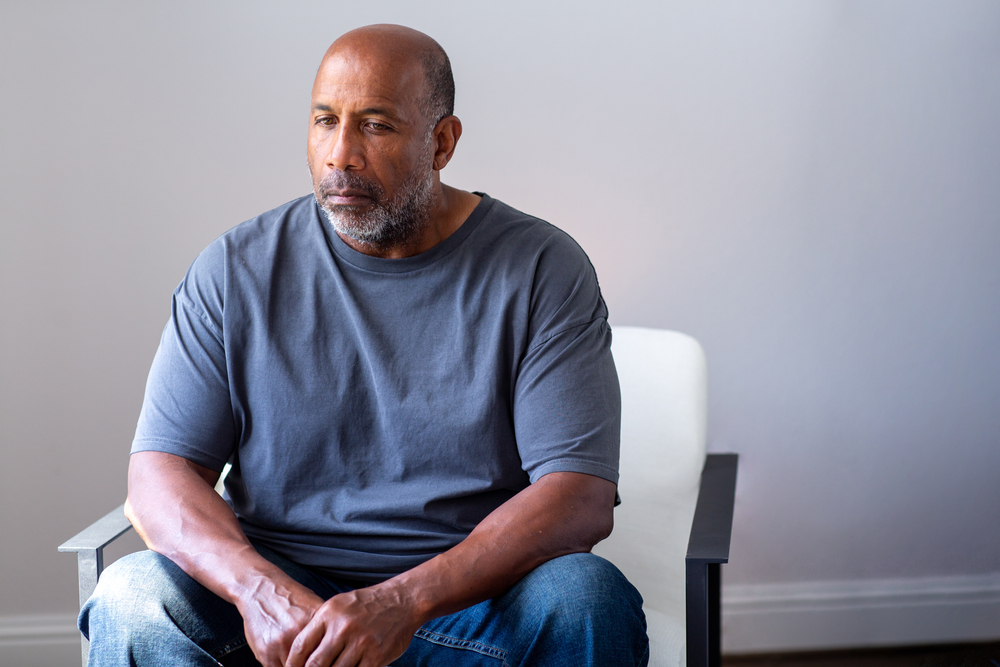Dementia and OCD: Obsessive Compulsive Disorder in Elderly Adults
Category:

Obsessive-Compulsive Disorder (OCD) causes persistent, upsetting thoughts (obsessions) that cause anxiety which the sufferer then uses rituals (compulsions) to control. When obsessive-compulsive disorder in the elderly becomes severe, it can interfere with everyday life. For example, if an elderly person is concerned about dirt and germs, they may wash their hands over and over, potentially even until they bleed.
OCD Symptoms in the Elderly
The rituals a person engages in as a result of OCD are different of a habit. A habit has a straightforward reason. For example, if you have a habit of making sure the door is locked before you leave the house, you are preventing a break-in or robbery and staying safe. An elderly person who becomes obsessed with being robbed may repeatedly unlock and lock the front door several times before going to bed. They may not even be able to go to bed for fear someone will break into the house.
The anxiety that leads to obsessive behavior in the elderly is intense. Even though the elderly person may realize their fears are irrational, they will not be able to stop themselves from completing their ritual – and if they don’t complete the ritual, they will suffer from extreme distress.
Some common obsessions include:
-
Thoughts of violence towards others or oneself
-
Thoughts prohibited by religious or moral beliefs
-
Fear of losing or not having items they need
-
Perfectionism leads to evenness, exactness, or minimization of flaws
OCD and Dementia
Studies have shown that while one does not cause the other, there is a crossover between dementia and OCD. A challenging and frightening part of dementia is that the sufferer feels as though they are losing control. By performing rituals – like the ones associated with OCD, a senior may regain some of the control they lost as their cognitive function declined. As such, obsessive behavior can be a symptom of dementia. If you are a caregiver and your loved one begins to show signs of obsessive behavior, you should schedule an appointment with your doctor as soon as possible. It is an early warning sign of dementia, especially if that person has never shown any OCD-like behavior in the past.
How to Cope with Elderly Obsessive Behavior
Download Our 5 Ways To Pay Guide
As a caregiver, it can be frustrating when your loved one engages in obsessive behavior, especially when it doesn’t make sense. When encountering the behavior, first consider if it is harmless or if the elderly person presents a danger to themselves or others.
Remember, seniors – especially those who are having challenges with memory – need routine. Short-term memory loss could cause some anxiety that could lead to relatively harmless quirks, like insisting things be done in a certain order or having extra forks on hand at dinner. These routines are safe and can ease the senior’s anxiety – even if it raises the caregiver’s stress.
When quirks become obsessions and are dangerous or causing emotional distress, speak to a doctor. Sometimes therapy and distraction techniques are enough, and sometimes a doctor may prescribe antidepressants to help with the anxiety.
Subscribe
Date: 2022-04-21
Category:


